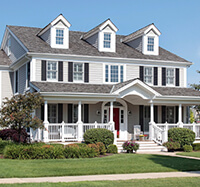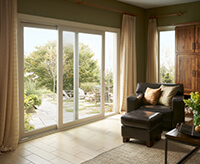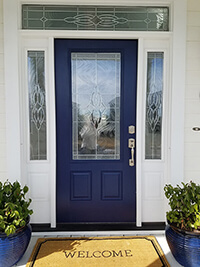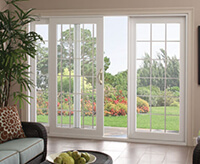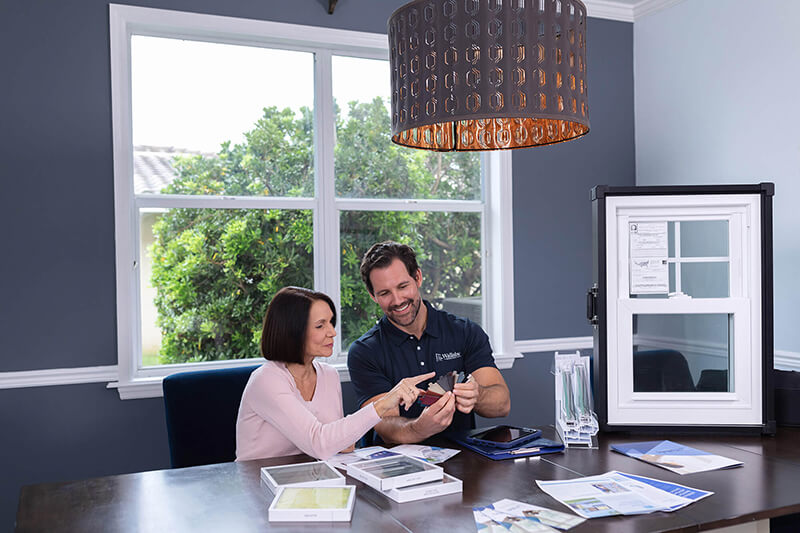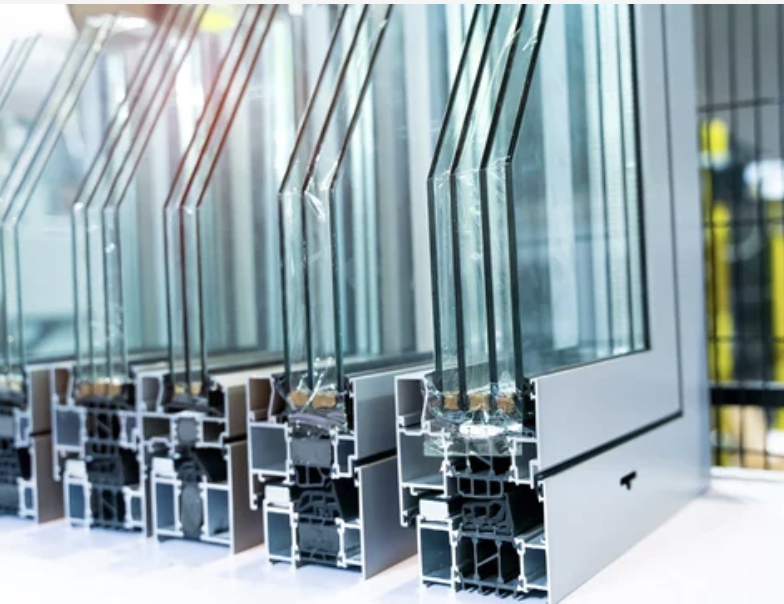
Vinyl or Metal Windows - Which Is Best?
As eyes are the windows to our souls, windows are the eyes to our world. They give us light, fresh air, and insulation from the elements, and we see through them. And as such, the windows we chose to hang on our walls deliver different functions and say something about our home's personality.
For many homeowners who are building their new homes or renovating, it can be a struggle with the decision of what windows to put in their homes. In this article, we will look at vinyl and metal windows, compare the two and see which one is best. Windows are integral parts of our homes and buildings that require understanding before choosing.
So put on your construction safety helmet, and keep on reading to learn more about vinyl and metal windows.
Vinyl Windows
Polyvinyl Chloride or PVC, or what you would know as vinyl, is a common plastic used in the construction of windows. It was introduced in the United States in 1964 during the energy crisis of the 1970s by Thermal industries. People back then were looking for construction materials that were more energy-efficient to help them curb their energy needs.
Today, vinyl represents half of the market share in the residential construction industry. It seems people still like its properties and are still willing to use it for their homes.
Pros
- Vinyl is customizable into different shapes and designs depending on your application.
- It can also be molded in any color or painted to match the aesthetics of your home's interior design.
- Vinyl only needs minimal maintenance. It comes in the color it is installed in, and it does not require sanding or repainting. You only need to regularly clean it with water and detergent, just like you would any other part of your home.
- Vinyl is an excellent thermal insulator. Its heat properties make it energy-efficient and great for installation in areas with high heating and cooling needs.
- Vinyl is reusable and recyclable. All thermoplastics are recyclable and are reused to make new products without losing any of their properties. It is a relatively sustainable material and an excellent option for people who care about what happens to the products they buy after discarding them.
- Vinyl is relatively affordable and cost-effective for home construction.
- Because vinyl windows are molded in standard shapes, they are easy to install and work with. Construction workers have developed processes to help them in vinyl installation, and if time is a factor in your construction, vinyl will do you well.
Cons
- Vinyl is flexible and therefore puts a restriction on the widow's size. If you make it too big, it can sag or be unable to hold the weight of the glass.
- Some find them unsophisticated and unnatural-looking.
- Vinyl can deform in the heat.
- Vinyl is brittle and offers no structural support.
- It can lose its luster after a few years in extreme weather.
- Weep holes on the frames can cause water to drip into the walls causing water damage.
Metal Windows
Aluminum windows started appearing on buildings as early as 1932. But their first window application was on rail carts, streetcars, and buses' windows as early as 1912. Their lightweight construction, ease of use, low maintenance, and aesthetic quickly made them popular and saw a proliferation in their use in all industries.
Fast forward to today, aluminum is still one of the most popular doors and window framing materials for both commercial and residential applications.
Pros
- Aluminum is a strong and durable material. Far more unsusceptible to wrapping or corrosion, aluminum takes the cake from vinyl and wood on this one. It will last you a long time, and you can expect the same performed for far longer than most other window construction materials.
- Aluminum can be powder coated or anodized into different colors. Anodized aluminum is particularly appealing and gives a feeling of sophistication that most materials don't.
- Aluminum windows are low maintenance and don't need much looking after. Remember, aluminum does not rust, and as long as the conditions are relatively nonstrenuous, it will keep for a long time.
- Aluminum offers better performance than other construction materials. With regular use, it is far less to break or deform. That's why it is preferable in high traffic areas such as doors and high weight-bearing areas such as glass partition frames.
- Aluminum windows offer far more resistance to forced entry than other construction materials. Hence far safer for residential and commercial window applications.
- Aluminum windows offer better noise insulation compared to vinyl windows. Because of aluminum's inherent properties, you will have a quieter environment.
- Aluminum helps in increasing the value of a building.
- Aluminum windows are recyclable and excellent for sustainability-conscious homeowners and constructors.
Cons
- Aluminum is a poor heat insulator and requires added costs and processes to insulate them.
- Aluminum windows can be expensive to buy and install compared to other windows in the market.
Conclusion
Getting ready to start replacing windows and doors can be stressful and confusing but at the same time exciting. You get to pick the designs and the materials to bring your vision to life.
And in the grand scheme of things, choosing your windows might seem like a mundane task, but it's an important one that requires research and all your attention.
Hopefully, with the information in this piece, picking between vinyl and aluminum shouldn't be that hard. If you enjoyed this content and want to learn more on windows, visit our blog page for more articles.
